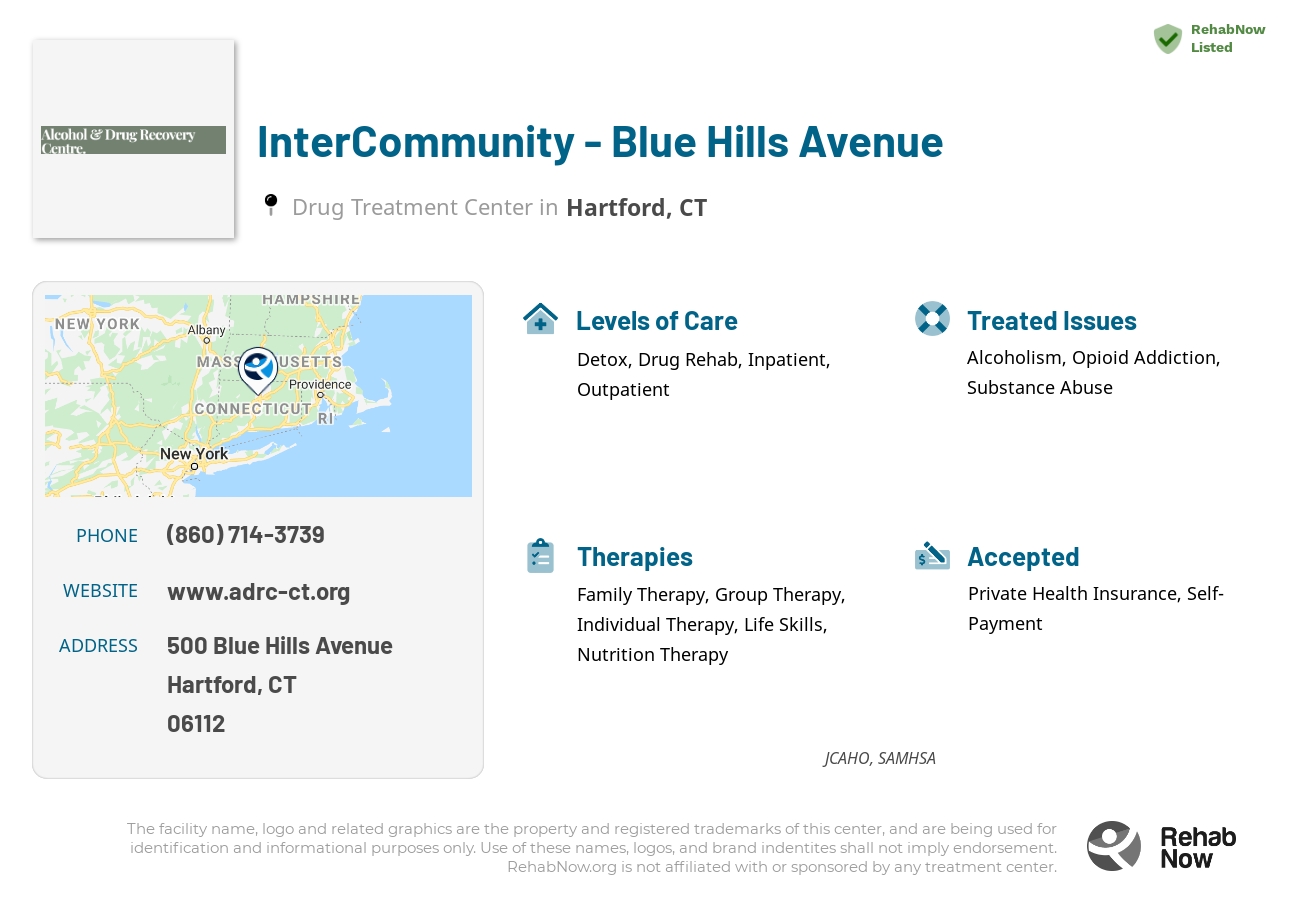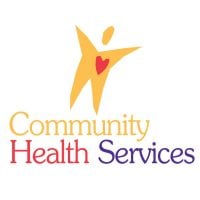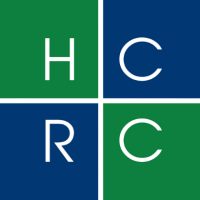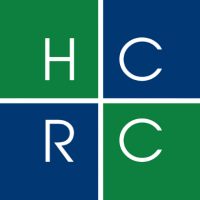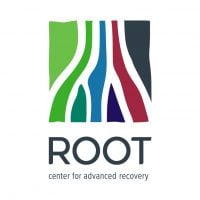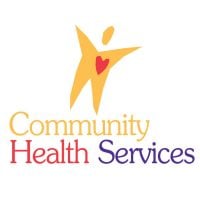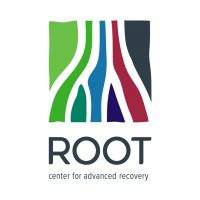InterCommunity - Blue Hills Avenue
Drug Rehab Center in Hartford, Connecticut
InterCommunity's Blue Hills Avenue Drug Rehabilitation Facility is a Joint Commission on Accreditation of Healthcare Organizations (JCAHO) and Substance Abuse and Mental Health Services Administration (SAMHSA) accredited addiction treatment program in Hartford, Connecticut offering detox, drug rehab, and outpatient levels of care with private health insurance plan acceptance.
About InterCommunity - Blue Hills Avenue in Connecticut
InterCommunity - Blue Hills Avenue is an addiction treatment facility located in Hartford, Connecticut. They are accredited by JCAHO (Joint Commission on Accreditation of Healthcare Organizations) and SAMHSA (Substance Abuse and Mental Health Services Administration). This accreditation ensures that the facility meets strict quality standards and provides effective and safe treatment for individuals suffering from alcoholism, opioid addiction, substance abuse, and drug addiction. InterCommunity - Blue Hills Avenue offers a range of levels of care, including detox, drug rehab, inpatient, and outpatient treatment options. They accept private health insurance, making their services more accessible to those seeking treatment. InterCommunity is affiliated with the larger InterCommunity organization, which is dedicated to promoting wellness and providing comprehensive behavioral health services to individuals and families in the community.
InterCommunity - Blue Hills Avenue provides a variety of services to address addiction and substance abuse. Their treatment programs include detoxification, which helps individuals safely manage withdrawal symptoms, and drug rehab, which focuses on assisting patients in developing the skills and strategies necessary for long-term recovery. They offer both inpatient and outpatient levels of care, allowing individuals to choose the most appropriate treatment approach based on their needs and circumstances. The facility emphasizes a comprehensive approach to treatment, incorporating therapy sessions, educational programs, support groups, and other evidence-based practices to address the physical, emotional, and psychological aspects of addiction. Through their services, InterCommunity - Blue Hills Avenue aims to assist individuals in achieving lasting recovery and improving their overall quality of life.
Genders
Ages
Modality
Additional
Accreditations
SAMHSA

JCAHO
Conditions and Issues Treated
A combination of treatments is often needed to treat drug abuse. Some addictions can be treated with counseling and support groups. In other cases, drug abuse can lead to a medical problem and require medical treatment. Treatment for drug addiction typically combines counseling and psychotherapy with medication and behavioral therapies.
A combination of treatments is often needed to treat drug abuse issues effectively. In the case of drug abuse, there is no easy answer or one-size-fits-all cure.
Opioid addiction has become a significant health problem in the United States. In 2015, there were 91 opioid overdose-related deaths per day, with a substantial increase in mortality rate in 2014.
When opioid addiction has reached a point where a person’s life becomes unmanageable, treatment options are available to help them get sober. Treatment that includes medical care with medications and counseling can help a user transition into sobriety.
Levels of Care Offered
This center offers a variety of custom treatment tailored to individual recovery. Currently available are Detox, Drug Rehab, Inpatient, Outpatient, with additional therapies available as listed below.
One of the first things an addict should do when entering treatment is to abstain from using illicit drugs completely. Depending on the length of time that the person has been using, the addict may have to go through alcohol or drug withdrawal. Fortunately, detox doesn’t have to be done alone, and withdrawal symptoms can be managed medically in an inpatient or outpatient setting. While detox may be uncomfortable, it is not life-threatening. Detoxification allows the addict to rid the body of all traces of drugs or alcohol and gives the addict a clean slate for their recovery.
Inpatient treatment for alcoholism or drug addiction is an option that provides the addict with a supportive environment in which they can stop using. After detox, an inpatient treatment center provides a structured environment for the addict to recover from their addiction and begin taking steps toward a lifetime of sobriety.
This type of treatment is appropriate for addicts that are most in need of intensive care and supervision. This includes those who were unable to quit on their own, those who need more structure than they can get in outpatient treatment, and those whose addiction has led them into legal trouble or severe health problems.
Outpatient treatment is often used for drug addicts in drug rehab. Outpatient treatment consists of counseling and therapy sessions. This form of treatment is also called ‘day-treatment’. The outpatient treatment process begins with the addict’s initial detox period, lasting about ten days.
Outpatient treatment is used for those who are at moderate risk for ‘slipping back’ into the addiction, for those who:
- Are not currently experiencing any side effects from withdrawal and can handle social pressure
- Can handle stressors that might trigger relapse
- Have a stable living environment or have moved out of their previous environment, which was not conducive to being sober
- Have a support system that allows them to go to a facility a few times a week while still keeping their current responsibilities
- Have no legal obligations, being either on parole or probation, that require them to seek treatment at a mandatory facility
- Are not currently experiencing any side effects from withdrawal and can handle social pressure
- Have a stable living environment or have moved out of their previous environment, which was not conducive to being sober
Therapies & Programs
Because no single treatment is effective for all addicts, the goal of treatment and therapy should be to figure out what works best for each individual. Tolerance and withdrawal levels differ from person to person, affecting the treatment intensity required. Addiction treatment should aim to help addicts develop healthy coping mechanisms for dealing with their addiction and its underlying causes.
Family therapy is beneficial for people who are in addiction treatment services because it offers addicts the opportunity to work with their family members to better understand what led them to make choices that contributed to their addiction.
This type of therapy helps family members reach a deeper understanding of how they can best support their loved one during recovery. It also helps the addict better understand their own motivations and triggers that led them to turn to substance abuse.
Family therapy can help addicts in the following ways:
- Assists family members in processing difficult feelings so they don’t blame or resent recovering addicts
- Assists family members in understanding how addiction has impacted the addict and everyone who is involved with them
- Allows the addict to take responsibility for their actions, while encouraging improved communication skills
- Helps family members understand how to best support an individual in recovery so addicts don’t relapse again.
Group therapy can help build a stronger support system and give addicts in Hartford, CT insight into their addiction that they gain through shared conversations. Group therapy occurs in a controlled group environment, exclusive of one on one meetings. This makes it safer for patients to feel comfortable sharing the struggles they’re going through and gaining perspective.
Life Skills Services assist addicts in their recovery by teaching them healthy coping mechanisms that will aid them in becoming sober, focussing on helping people enter into, and maintaining long-term sobriety. Drug Treatment Centers provide Life Skills Services at varying levels of intensity, specific to the needs and requirements of each patient.
The benefits of Life Skills Services offered at InterCommunity - Blue Hills Avenue:
- Restores hope and empowerment — Helps addicts believe that recovery is possible and instills a new confidence in their ability to achieve a positive, drug-free future
- Enhances family involvement — Encourages families to get involved in the recovery process and supports their understanding and encouragement of healthy behavior.
- Increases patient’s compliance — Helps patients take responsibility for and ownership of their recovery and encourages continued progress
- Reduces relapse rates — Encourages long-term abstinence and emphasizes the importance of establishing sober support systems.
It’s important to remember that malnutrition can affect your mood and energy level, which affects your desire to get sober. Good nutrition helps keep your body strong against the familiar ravages of drug use–tuberculosis, hepatitis, abscesses, infections, etc. — as well as the physical symptoms of withdrawal. If you’re eating right, you’ll have more energy for productive activities and will have more strength to fight cravings.
Nicotine Replacement Therapy (NRT) has many benefits for drug addicts who also choose to quit smoking. It is an effective technique at this treatment center that provides smokers with the nicotine they are addicted to without inhaling carcinogens from cigarettes to wean them off entirely. You can reduce your risk of heart disease and cancer, irritability, bone loss, stroke, type II diabetes, fertility in women, an enhanced sense of taste and smell.
Payment Options Accepted
For specific insurance or payment methods please contact us.
Is your insurance accepted?
Ask an expert, call (888) 674-0062
InterCommunity Associated Centers
Discover treatment facilities under the same provider.
- InterCommunity Healthcare in East Hartford, CT
- InterCommunity - Coventry House in Hartford, CT
- InterCommunity in Hartford, CT
- InterCommunity - Clayton House in Glastonbury, CT
- InterCommunity - Recovery House in Hartford, CT
Learn More About InterCommunity Centers
Additional Details
Specifics, location, and helpful extra information.
Hartford, Connecticut 6112 Phone Number(860) 714-3739 Meta DetailsUpdated November 25, 2023
Staff Verified
InterCommunity - Blue Hills Avenue Patient Reviews
There are no reviews yet. Be the first one to write one.
Hartford, Connecticut Addiction Information
Connecticut has a higher rate of substance abuse and addiction than the national average. The state ranks in the top 10 in the country for illicit drug dependence among those ages 18 to 25. In 2010, there were 9,211 people admitted to an alcohol treatment facility for alcohol abuse combined with a secondary drug. Connecticut ranked fifth in the United States of America for the number of fatalities involving drunk driving in 2014.
Heroin and cocaine are the most commonly abused drugs in Hartford, CT. About 46% of people who have been arrested admit to using illegal drugs. Connecticut was ranked seventh out of the ten worst drug-plagued states in a comparative study. 723 people died of opiate and other illicit drug overdoses in the state. There are various drug treatment options available in Hartford, CT for someone looking to get sober.
Treatment in Nearby Cities
- Bloomfield, CT (2.5 mi.)
- Colchester, CT (24.4 mi.)
- Derby, CT (39.0 mi.)
- Madison, CT (35.5 mi.)
- Waterbury, CT (24.9 mi.)
Centers near InterCommunity - Blue Hills Avenue
The facility name, logo and brand are the property and registered trademarks of InterCommunity - Blue Hills Avenue, and are being used for identification and informational purposes only. Use of these names, logos and brands shall not imply endorsement. RehabNow.org is not affiliated with or sponsored by InterCommunity - Blue Hills Avenue.




